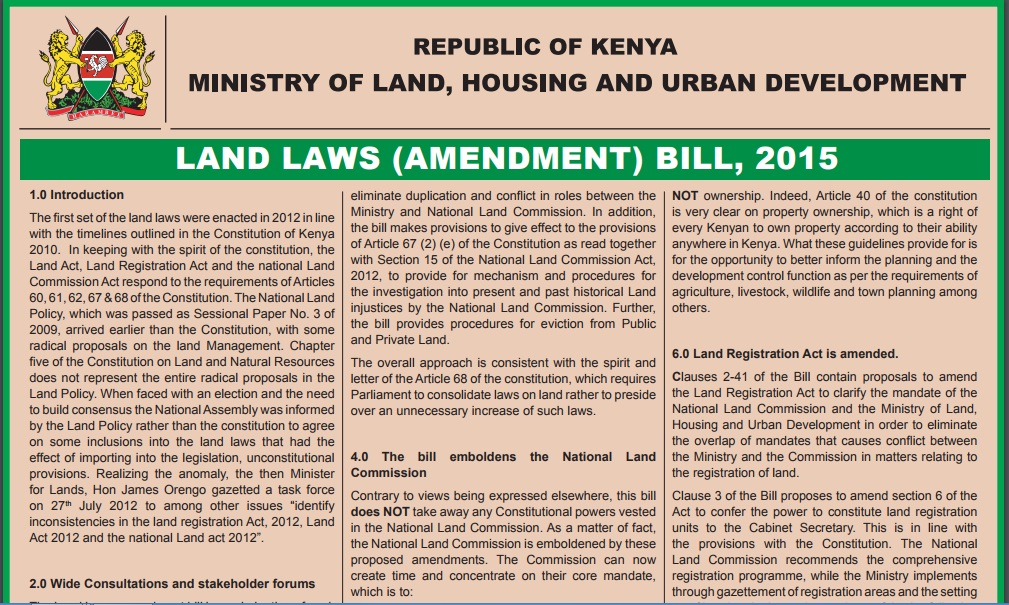Supporting Land-Based Social Enterprises
This report explores some of the key issues to consider when supporting new land-based social enterprises. The findings are drawn from interviews with 13 representatives from social enterprises who received direct technical, business and training support from Shared Assets between 2013-15.









